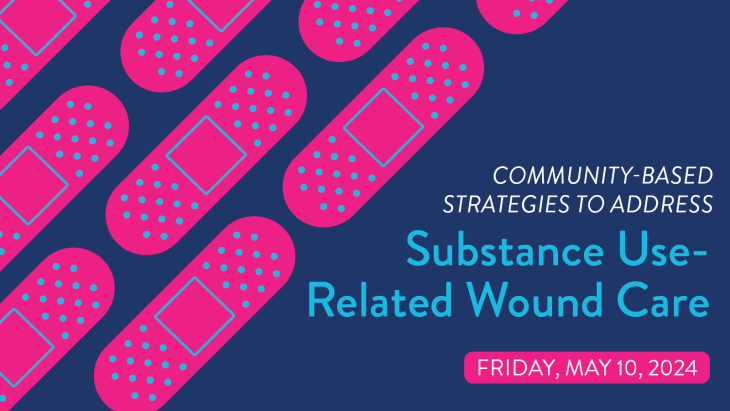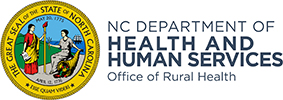Community-Based Strategies to Address Substance Use-Related Wound Care
May 10, 2024 Closed Medicine

Description
Online registration has closed. A limited number of walk-in registrations will be accepted.
Join your colleagues for this half-day training to discuss the pathophysiology of substance use-related wound development, best practices in community-level wound care, and create a forum for sharing in our collective knowledge.
MAHEC welcomes you, Opioid response team members, EMS, county staff, harm reduction organizations, health departments, and medical providers to attend this workshop with dynamic sessions on topics such as:
- Robust discussion regarding xylazine in the presence of WNC drug supply
- Case-based practice recognizing, assessing, and treating substance use-related wounds in a variety of settings
- Reviewing community resources to best serve patients
- Recognizing a frontline agency's role in supporting patient autonomy in wound management and more!
With Support From

Target Audience
Opioid response team members, EMS, county staff, harm reduction organizations, health departments, and medical providers
Objectives
- Describe the pathophysiology of substance use-related wound development, specifically with increasing prevalence of xylazine in WNC
- Foster confidence and comfort with wound care as an accessible practice across a variety of spectrums, from harm reduction to primary care
- Recognize stages of wound development and identify local referral options to higher levels of care and management in place
- Discuss how to support & educate patients to apply wound management training techniques
- Review proper use of wound care supplies that will be dispensed to attendees
Faculty
- Caitlin Benedetto, RN, BSN
- Anna L. Dill, MD, MPH
- Keelan Dorn, MSN, RN, FNP-BC
- Blake Fagan, MD
- Erika K. Harrison, LPN, WCN-C
- Summer N. Hettinger, RN, BSN, FNP
- Claire W. Hubbard, EMT-P, RN
- Melissa Hunsucker, RN
- Susan McDowell, MD
- David Pike, EMT
- Genevieve Verrastro, MD
- Melissa Weiss, EMT